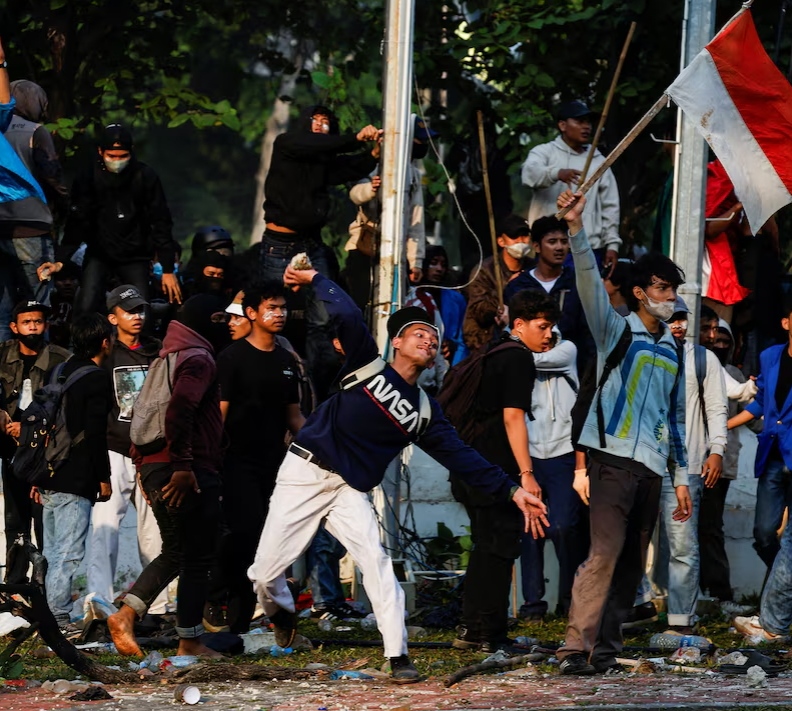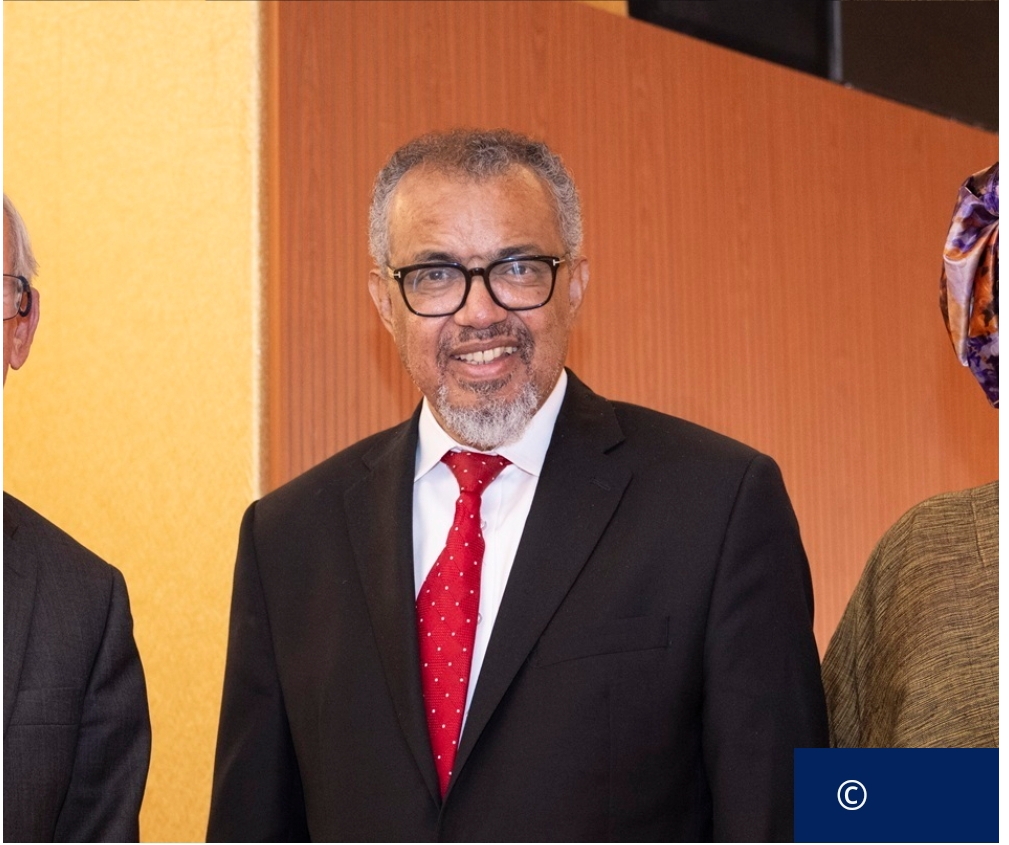Indonesia’s Parliament Shelves Controversial Electoral Law Changes Amid Protests.
Jakarta:
Indonesia’s parliament has delayed proposed changes to the country’s electoral laws following widespread protests in the capital and other cities. Demonstrators clashed with security forces, who used tear gas and water cannons as tensions soared over legislation perceived to undermine political opposition.
The controversial legislation sought to reverse recent amendments made by the Constitutional Court that had lowered the threshold for regional election candidates. The court’s ruling had re-opened the possibility for vocal government critic Anies Baswedan to run for Jakarta governor. Under the previous threshold, Baswedan needed support from a coalition with at least 20% of local parliament seats; the new ruling reduced this to under 10%.
The parliamentary bill aimed to revert to the higher threshold, a move critics argued would benefit outgoing President Joko Widodo and his successor, Prabowo Subianto, while stifling opposition. The legislation also proposed changes that could facilitate Widodo’s youngest son, Kaesang Pangarep, to run for a regional office in Central Java by adjusting age requirements.
Protesters accused President Widodo, commonly known as Jokowi, of attempting to entrench his family’s influence and curtail democratic processes. Thousands gathered outside the parliament, with some demonstrators setting parts of the parliamentary gates on fire and carrying anti-Widodo banners, including a mock guillotine featuring his face.
Deputy Parliament Speaker Sufmi Dasco Ahmad announced that the bill would be revisited by the incoming parliament, ensuring no changes will be implemented before the regional elections scheduled for November. This decision allows Anies Baswedan to pursue his bid for Jakarta governor if nominated by the Indonesian Democratic Party of Struggle (PDIP), which has yet to select a candidate.
The postponed legislation, had it been passed, would have significantly impacted the political landscape, drawing sharp criticism for potentially consolidating power and excluding opposition voices.




